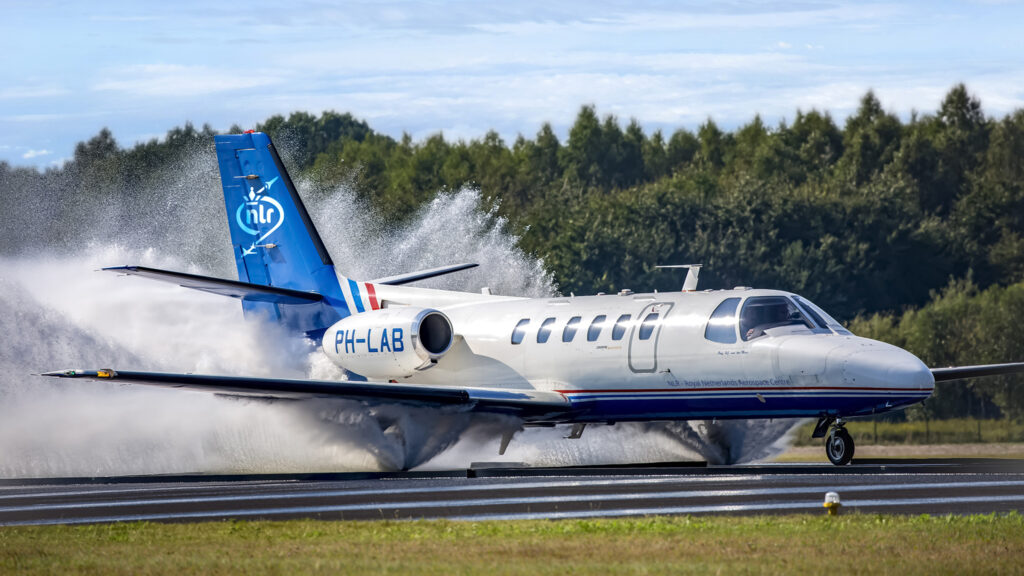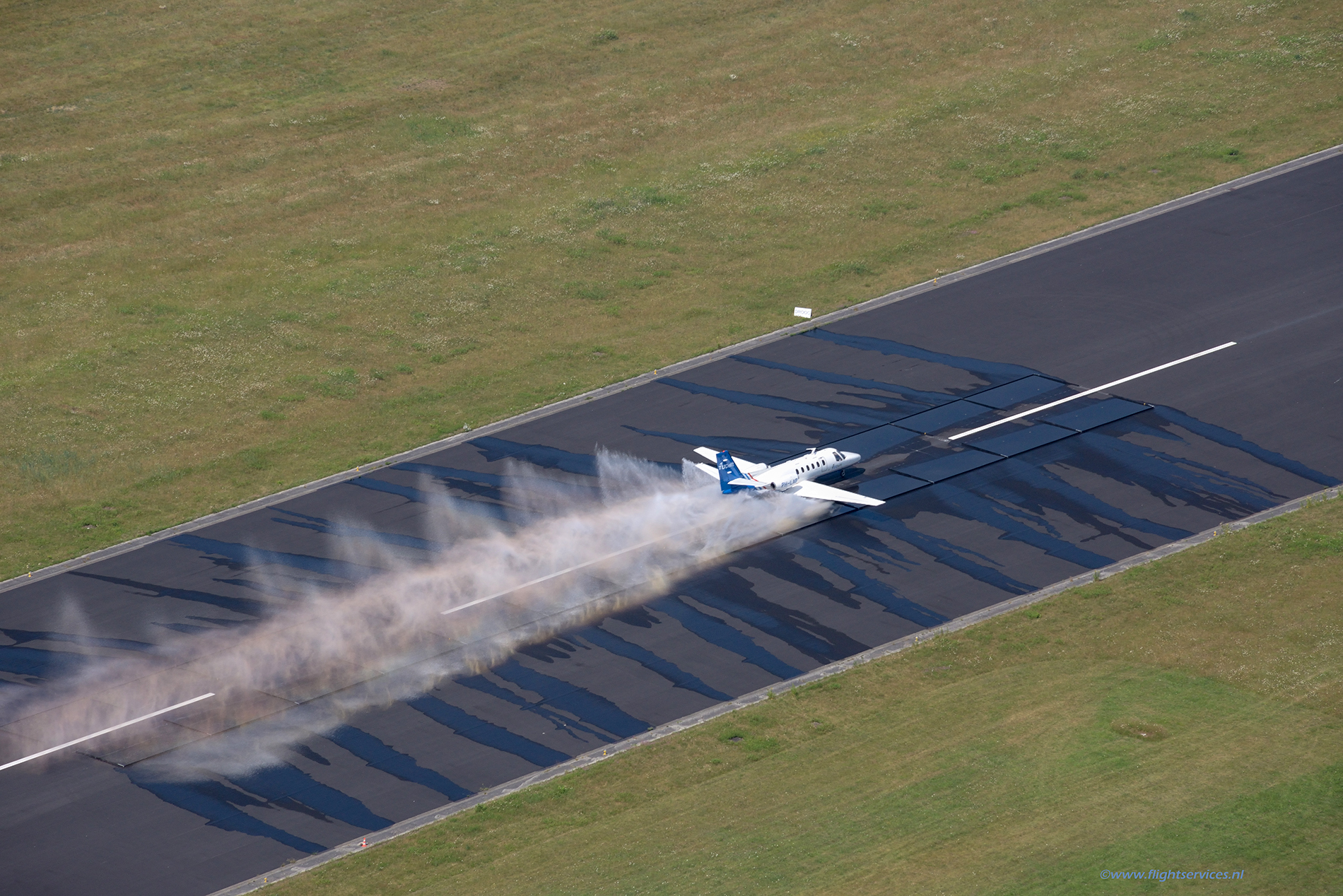Aviation needs to reinvent itself to be climate-neutral by 2050. This requires innovation in all aspects of aviation and calls for extensive experimentation and test programmes that in all likelihood cannot be carried out at regular busy airports. Twente Airport can offer this space due to the absence of scheduled flights. But that is not the only reason. The ideal spacious location of the airport and the available infrastructure are also reasons for Technology Base and NLR to join forces and ramp up this exchange of knowledge.
Jan Schuring, director of Technology Base and acting director of Twente Airport, explains the added value: ‘Our airport can assume a central role in the Netherlands as the incubator for the sustainability of national and international aviation, which is needed now more than ever before.’
Key role in innovation and testing
NLR carries out test programmes for various clients and is therefore the ideal, reliable partner for Technology Base to convert opportunities into results. Conversely, NLR sees the opportunities offered by Twente Airport. ‘The well-maintained and long take-off and landing strip, the large open space, the existing infrastructure, the airspace and above all its strategic location make Twente Airport unique in the Netherlands,’ says NLR’s Business Manager, Roland Slager. ‘The testing, validation and certification of, for example, new forms of transport such as Urban Air Mobility, improved aerodynamic forms, innovative materials, alternative types of propulsion, as well as new ground infrastructure and flight procedures, as was recently carried out at Twente Airport for the DREAMS project with approach flights, can all be effectively implemented at the airport. The combination of such a unique airport and the companies already located on the high-tech business park in the east of the Netherlands opens up prospects for NLR in the future.’
Twente Airport is working on its future
After a loss-making 2020, Twente Airport used 2021 to draw up realistic future prospects with positive operations. NLR is playing an important role in this. Together, these and other opportunities are currently being devised and will be presented to the Technology Base board in March 2022.

For more information contact:
- Marieke Vizee | Technology Base | 06 34 48 51 32 | marieke.vizee@technologybase.nl
- Kees de Waal | Koninklijke NLR | 06 23 34 77 85 | kees.de.waal@nlr.nl



